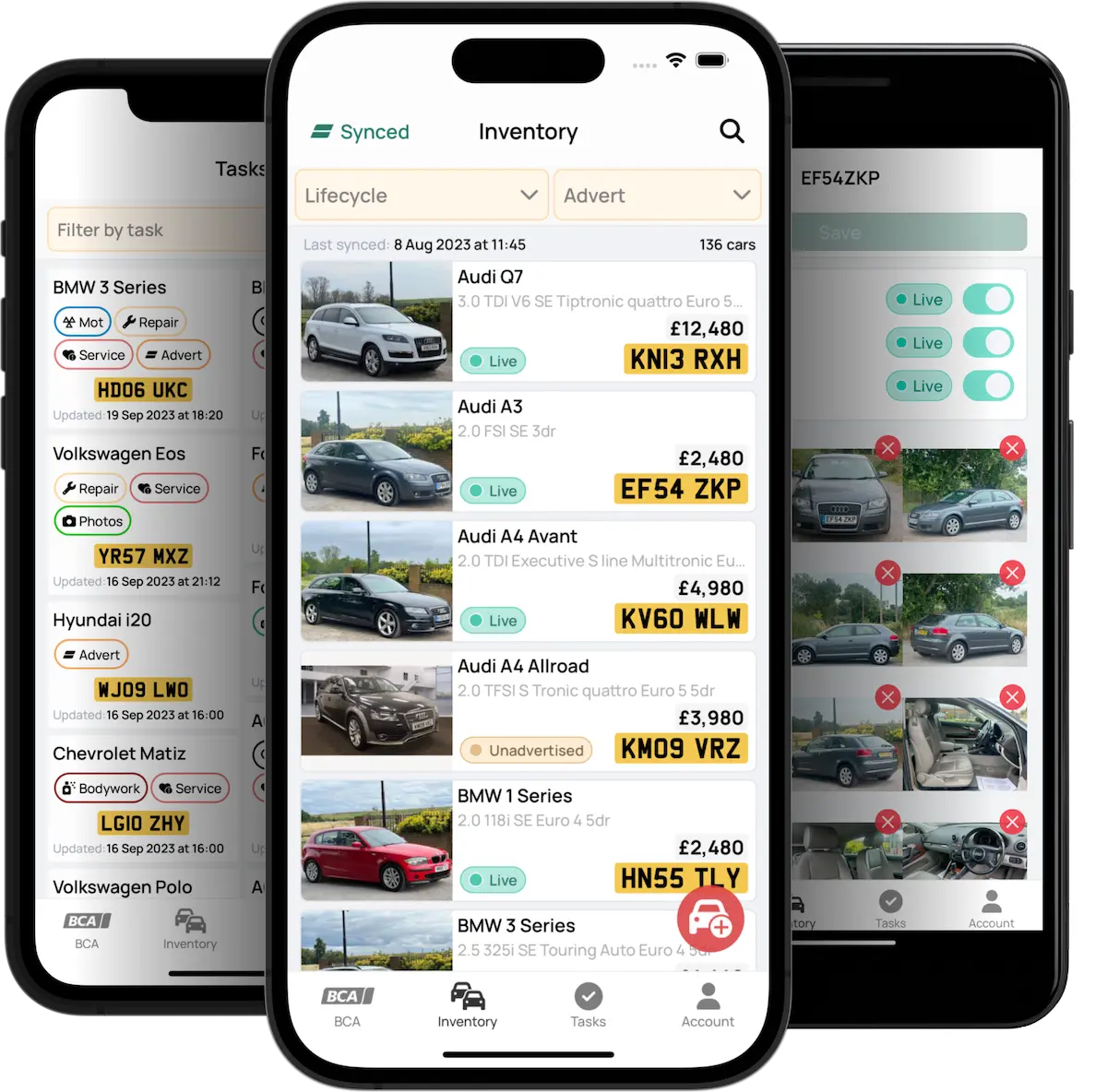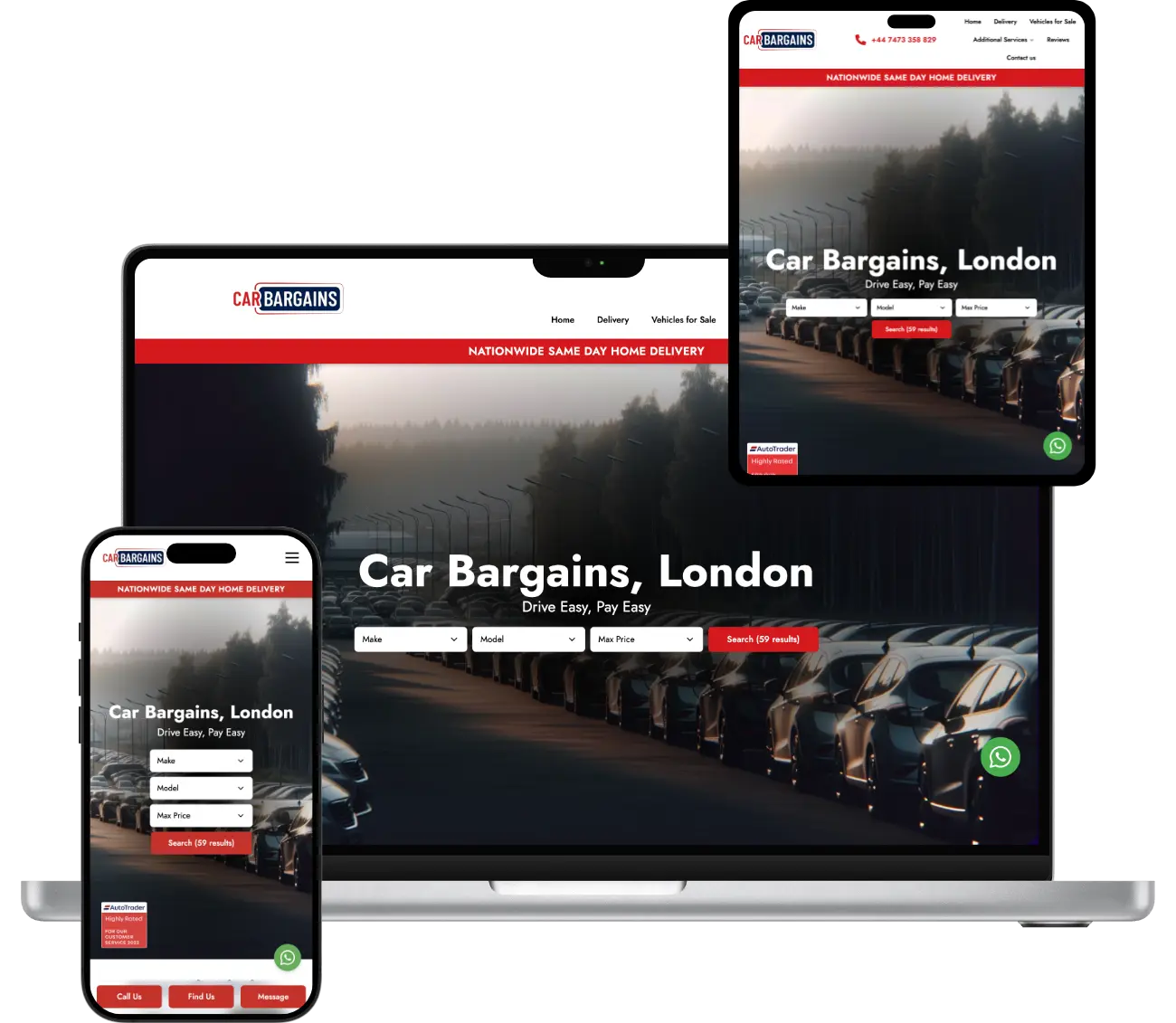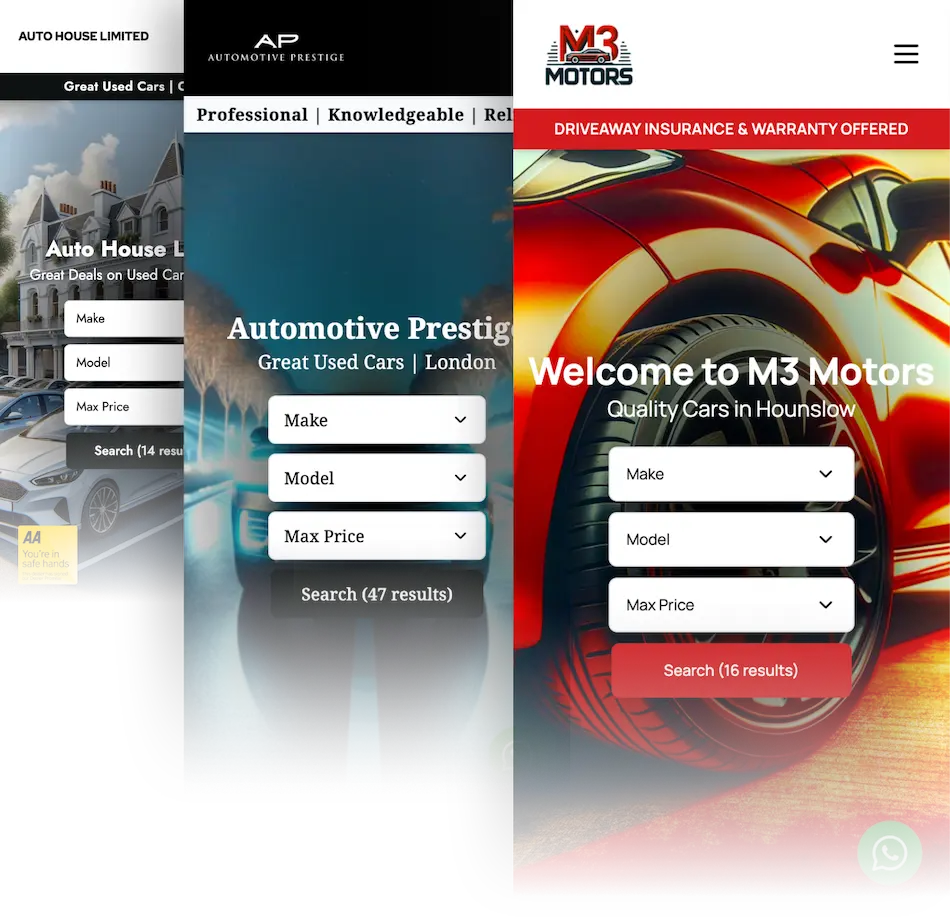Building an Effective Crisis Communication Strategy for Dealerships
Last updated: 12th February, 2024
Why Crisis Communication Matters for Car Dealerships
As a car dealership, you're constantly exposed to risks that can threaten your reputation and business. A crisis can strike at any moment, whether it's an unexpected accident involving one of your vehicles, a social media scandal, or an environmental issue affecting your operations. In these moments, having an effective crisis communication strategy in place is crucial to minimizing the damage and preserving your customers' trust.
Assessing Risks and Developing a Plan
A successful crisis communication plan starts with identifying potential risks and vulnerabilities within your dealership. This includes reviewing insurance policies, employee handbooks, and any other relevant documentation to anticipate what could go wrong. Next, develop a comprehensive plan that outlines the steps you'll take in the event of a crisis, including protocols for reporting incidents, managing social media, and communicating with stakeholders.
The Power of Transparency and Authenticity
During a crisis, it's essential to prioritize transparency and authenticity. This means being open and honest about what happened, apologizing if necessary, and taking swift action to rectify the situation. Use this opportunity to show your customers that you're committed to their safety and satisfaction, and that you're proactive in addressing issues as they arise.
The Importance of Timely Communication
When a crisis hits, time is of the essence. It's crucial to communicate promptly with affected stakeholders, including employees, customers, and local authorities. This can include issuing press releases, making public statements, or posting updates on social media. Remember to stay consistent in your messaging, avoiding confusion or mixed signals that could exacerbate the situation.
Save 10+ hours per week with our DMS

Sell more with our SEO-mastered retail websites

Branding that'll set you apart from the competition








